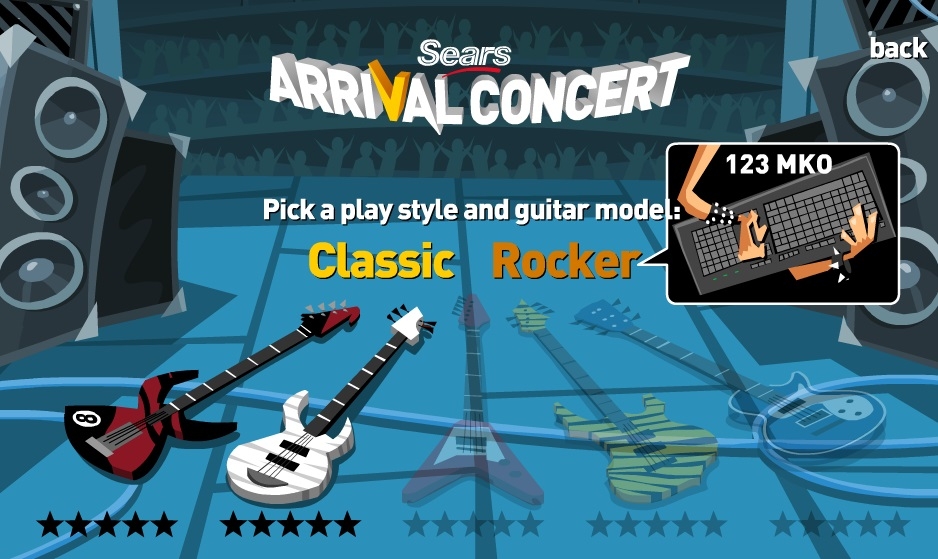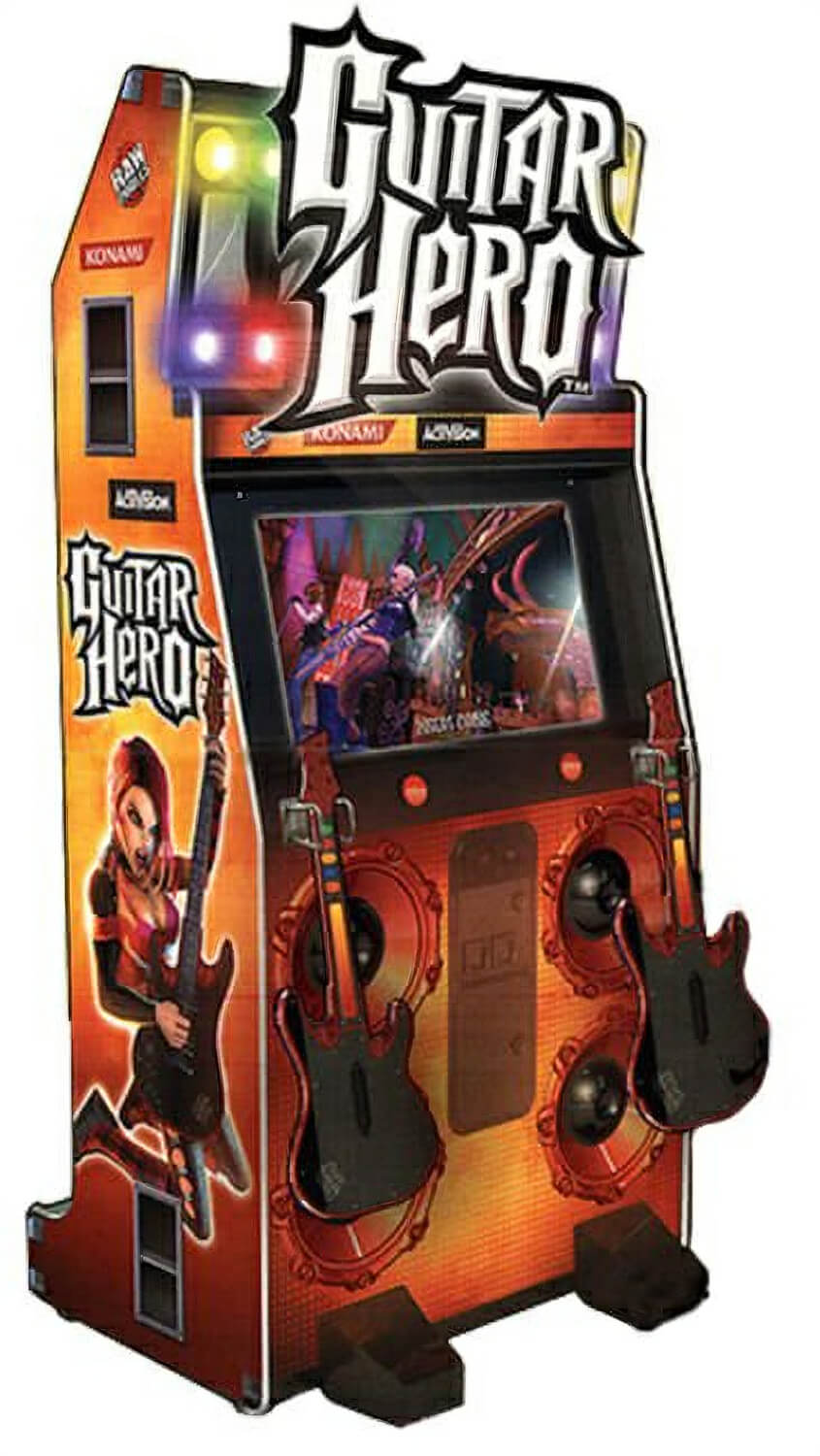
In Guitar Hero, you tap buttons on a faux-guitar controller in step with onscreen cues that signify rhythmic divisions of the beat. The authoritative record of NPR’s programming is the audio record.It’s the world’s first “first-person rhythm” game

This text may not be in its final form and may be updated or revised in the future. NPR transcripts are created on a rush deadline by an NPR contractor. Visit our website terms of use and permissions pages at for further information. SMITH: Besides, how are you going to meet that cutie in the concession line if you never leave your basement?Ĭopyright © 2009 NPR. That is where most of the revenue is made in the music industry today.

LEFSETZ: The key is visibility so that people will go to see you live. The big reason? The games are a way to give bands exposure, and that can translate into concert ticket sales. SMITH: But he says it's the videogame makers who are in control. Therefore, they want a higher percentage of any other ancillary revenue. Their income is down because people are stealing music. BOB LEFSETZ (Music Industry Analyst): The record labels are in dire straits. Here's how music industry analyst Bob Lefsetz explains it. Last fall, the CEO of Warner Music said it's the songs that made the hits out of the games like Guitar Hero and Rock Band, and he wants the record labels to be paid more. But not everyone in the music business is singing in tune. He works at Harmonics, the gaming company that originally developed Guitar Hero. KASSON CROOKER (Harmonics): It's definitely a new avenue for bands to help get their music out there. That's more than three times the first-week sales of its last album. SMITH: In its first week on the shelves, Guitar Hero: Aerosmith sold 560,000 copies.

SMITH: Metallica isn't the first band to bow down this way to the videogame gods. This month, fans will be able to play along with a fake plastic guitar instead. For those who rock out to Metallica, no need to limit yourself to air guitar any longer.


 0 kommentar(er)
0 kommentar(er)
